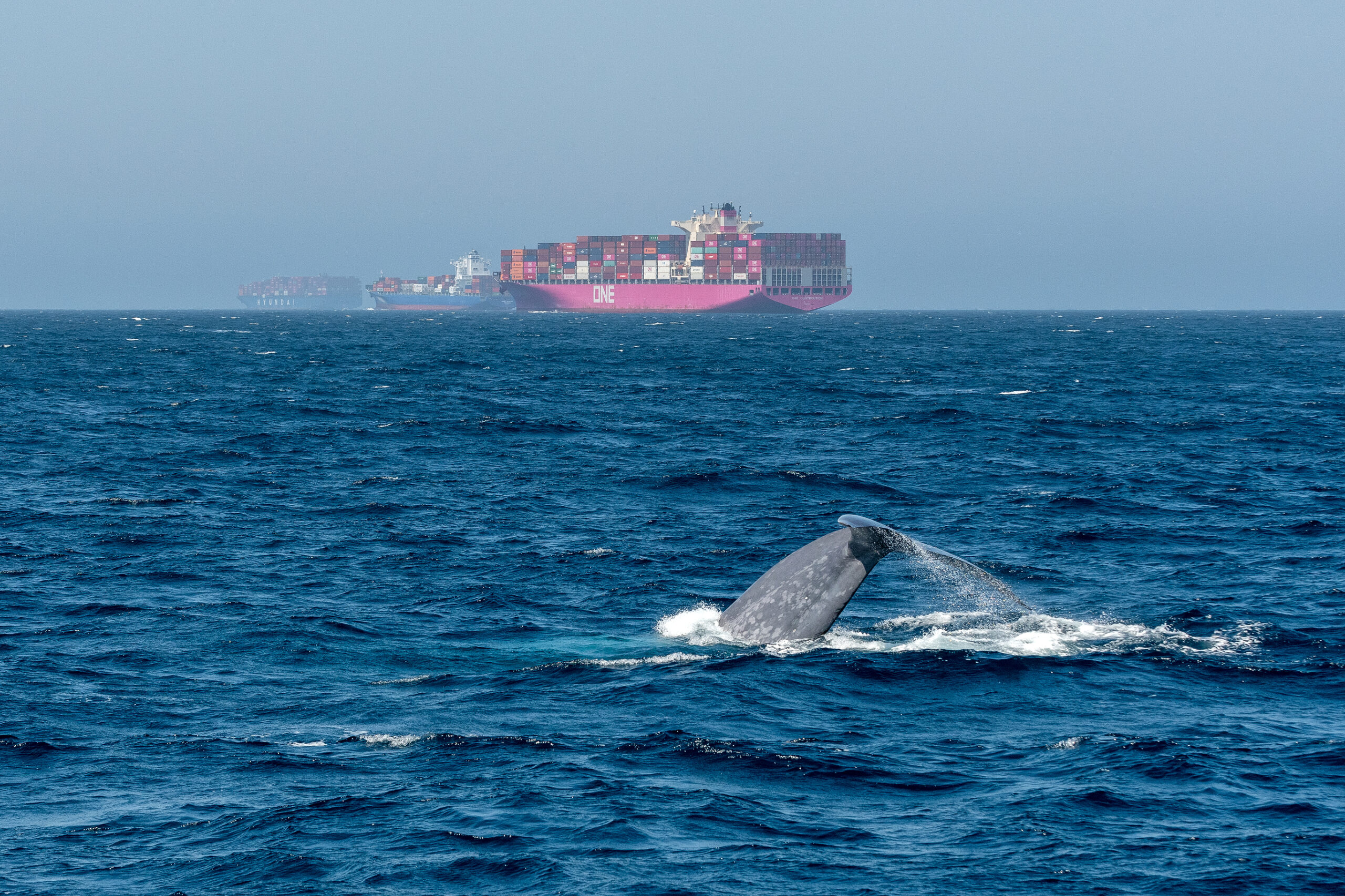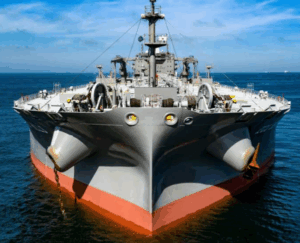The Greek government gave the ‘green light’ for the establishment of a warning system for passing ships for the early identification of whales.
The government signed a memorandum of understanding (MoU) on June 18 for the establishment of a monitoring and warning system for passing ships, aiming at the early identification and detection of large marine mammals and specifically sperm whales.
The “SAvE Whales” system (System for the Avoidance of ship-strikes with Endangered Whales), which has already been piloted in 2020 and 2021 in Southwest Crete, is an innovative technology. It was developed by Greek scientists to locate sperm whales and transmit their exact position to passing ships, in real time, in order to slow down or modify their course and thus avoid collision.
“SAvE Whales” will be deployed in the area between Kythira, Cape Tainaron and Cape Malea.
Already in July, the implementation of the Memorandum begins, with field surveys, in the straits of Kythira, so that at the end of 2025 – beginning of 2026 the trial application of the upgraded system “SAvE Whales” can begin.
It is noted that the establishment of this innovative system is one of Greece’s 21 commitments and has an estimated budget of €3m.
The development of the system was supported and funded by OceanCare and was carried out by researchers from the Institute of Applied and Computational Mathematics FORTH (Greece), the Pelagos Cetacean Research Institute (Greece), the Greek Marine Traffic, the company Green2Sustain and the research center CINTAL – University of the Algarve (Portugal).
The innovative system “SAvE Whales” developed in Greece can be applied to other areas of the Mediterranean, as well as the Atlantic where similar problems arise (i.e. the Canary Islands), making the country a pioneer in this field.
It is worth noting that sperm whales are the largest odontocetes on the planet, with a length that can reach 20 meters and a weight of 50 tons.
Eastern Mediterranean sperm whales are classified as an endangered species (Red List of IUCN -International Union fοr the Conservation of Nature).
Their strict protection is provided for by national, European and international law. Collision with ships is currently the main threat to sperm whales in the Mediterranean.



